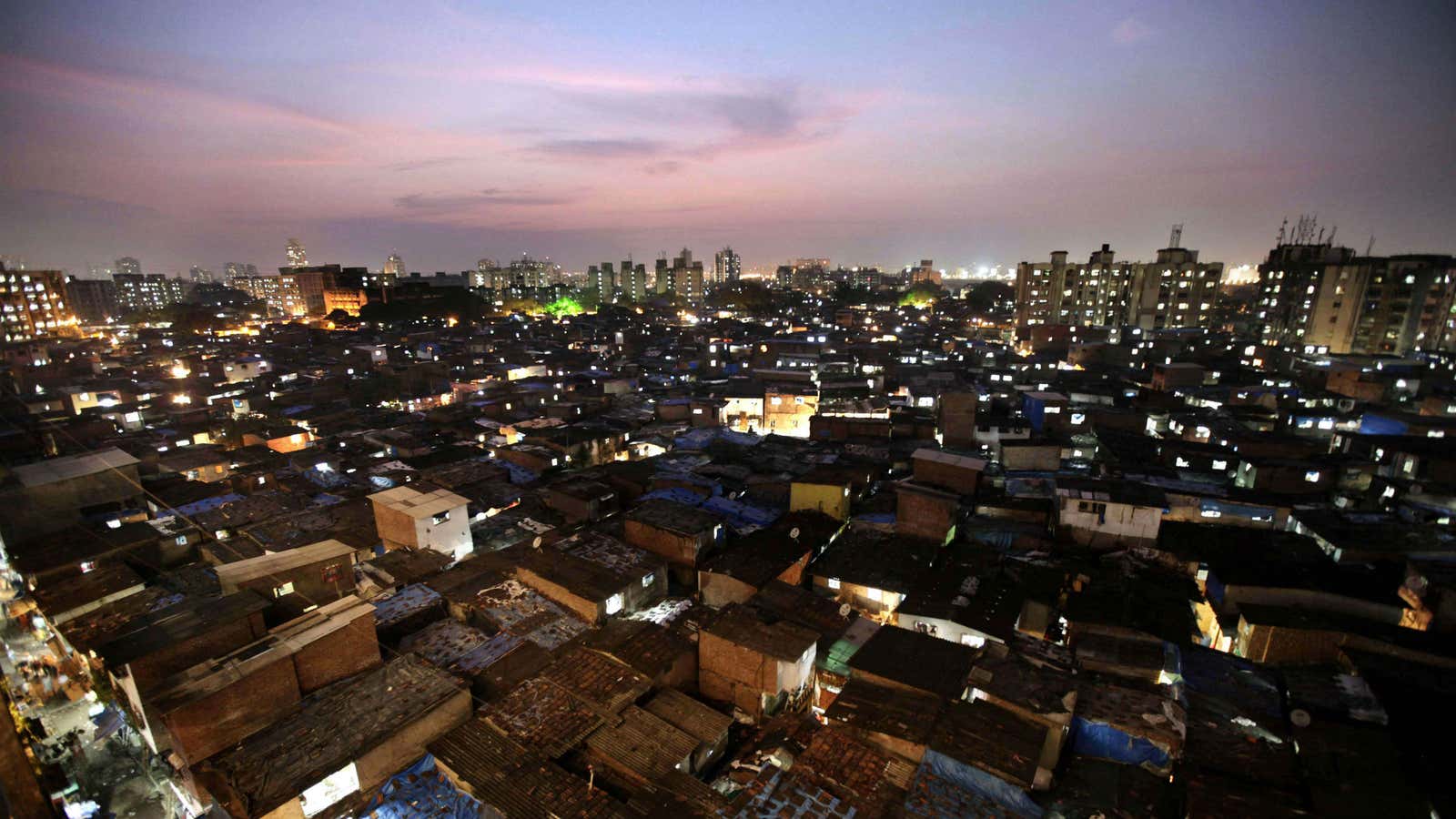If driverless cars have taught us anything, it’s that we are all very bad drivers. In a world of robocars, scientists predict that driving will be a much safer and more efficient way of getting around due to a dramatic reduction in traffic jams, Sunday drivers and road rage. But more than how we get around, driverless cars will change the way our cities are built.
Economists and urban planners agree: better transit contributes to city expansion and population growth. Counties in the US that acquired their train lines in the 1850s, grew by 20% more than other, train-less counties during the following 40 years, according to Edward L. Gleaser, a Harvard economics professor. And highways had much the same effect. Now, high-speed trains are contributing to the urban sprawl debate.
Of course, there are limiting factors to urban sprawl. Quartz already reported that people will only tolerate commutes of up to one hour. And if you don’t mind a long commute, rising fuel costs may stop from moving to the suburbs, though cars tend to use up the bulk of their gas when drivers brake and accelerate suddenly. A decrease in traffic jams and a steady pace will therefore also mean a dramatic decrease in fuel consumption.
So when driverless cars make rush hour a thing of the past, help guarantee that you arrive at work on time, and free up your hands and focus to work on the road, will it matter if you live miles away from your workplace? Probably not.
Downtown housing will lose much of its appeal and massive city expansion will ensue.
Most experts believe that these cars will hit the consumer market within the next decade—that’s if they are legalized first. Luckily, Google is on the job—the company has already managed to get their self-driving cars legalized in State of Nevada and California. And scientists in the UK, Germany and Spain are in the midst of testing robocars as well.
Downtown’s about to get a whole lot more boring.




